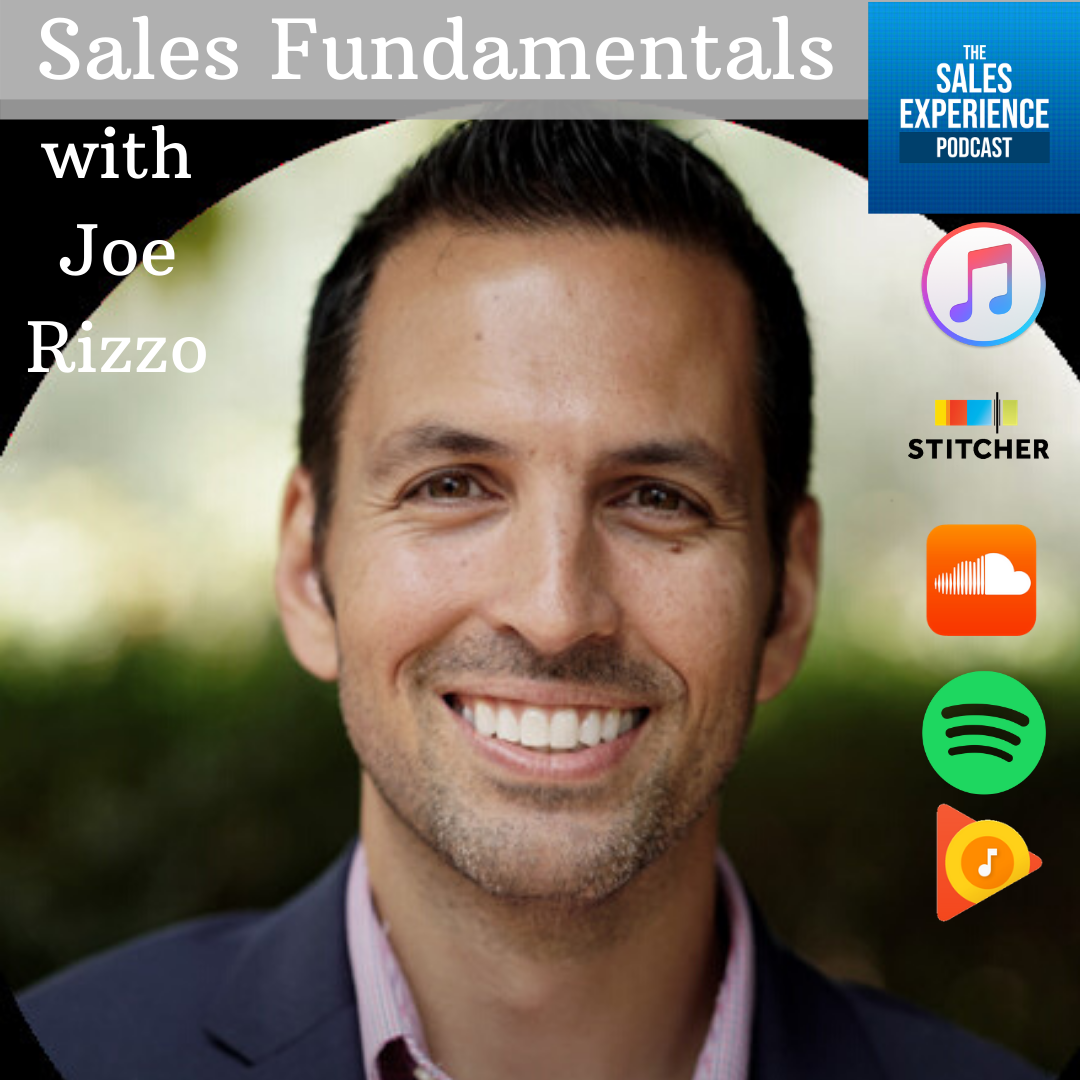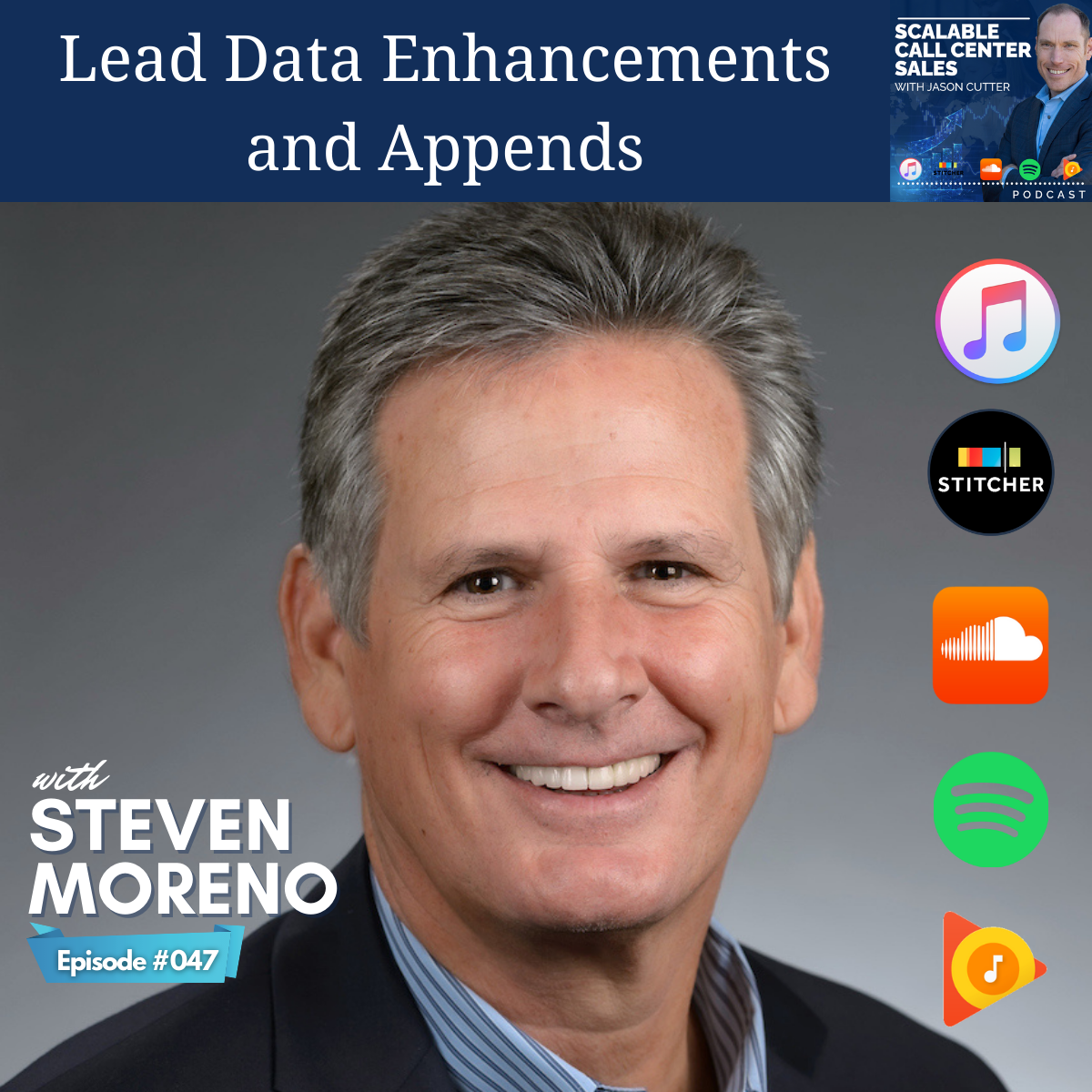Episode Transcript
[00:00:00] Speaker A: Welcome to the authentic persuasion show.
[00:00:02] Speaker B: On this episode, I want to replay part of a previous show.
[00:00:05] Speaker A: Maybe you heard the original full length.
[00:00:07] Speaker B: Episode and this could be a great refresher and reminder. Or maybe this is your first time hearing this content and the timing could.
[00:00:13] Speaker A: Be just right to help you leverage.
[00:00:15] Speaker B: Authentic persuasion today in your role, no matter what. Here's to your success.
[00:00:21] Speaker A: This is the authentic persuasion show.
[00:00:24] Speaker C: You it.
[00:00:26] Speaker A: Here's one of the biggest things that I get a lot from people who either are classically trained and classically, I don't mean in a good way.
They think sales is this certain thing that you're supposed to do to people. They're either classically trained in that or they've seen sales enough where they think that's what sales is. And I tell them this conversation, I have this conversation around empathy. And what happens is people are concerned. They think they can't be successful at that. They think in their mind, sales, again, which leads to most people thinking it's a dirty word. Sales can't include caring about other people or what happens. And this is where order takers kind of get stuck. And again, order taker, it's a term I use, and it's a state of condition. It's a state of selling effectiveness. It's not a scarlet letter for life about what somebody is in sales, right. And it's not a negative connotation. I think the key is that if you're selling like an order taker and you're acting like an order taker in your sales role, then the first part is you're aware of that and then move away from that and then become a sales professional.
[00:01:41] Speaker C: Right?
[00:01:42] Speaker A: Like the subtitle of the book, transform from order taker to quota breaker, transform from order taker to deal maker. And that is my goal for you. So the challenge is that a lot of order taking salespeople who are stuck in order taking mode and aren't sure how to get out of it, they think that caring is good. But caring doesn't lead to their success. And they think that's what's getting in the way. If they just cared less what happened to their customers, then they could close more deals. And again, caring less about your customers equals that dirty side of sales, the classic, the snake oil salesman. The used car mode that people think about, which isn't fair to all used car salespeople, but it's the visual that everyone gets in their mind when they think about sales in an inappropriate way. And so most people think that you can't care about your prospects and sell at a very high level. And I completely disagree. I think the key is there's a couple of main factors, and I wrote about this in the book in chapter 15, talking about empathizing for success. So it's not just about doing the step, not just discovery and probing and question asking and doing the empathy step in the authentic persuasion pathway and then using that to close more deals, but actually empathizing for success. And really it comes down to question. I get a lot is should I care? And the answer is absolutely yes, please do. I think that's one of the biggest things, is that I want you to care about your prospective customer in many different categories, and that will lead to many different things that you will do different in your sales process. The challenge is people think, if I care, then I've just got to give them some information and then let them decide, because that would be caring.
[00:03:41] Speaker C: Right?
[00:03:41] Speaker A: No pressure, no urgency, no gross stuff, no closing lines. I've just got to do that. The key is, though, is you need to care. Like need to care. They want you to care. What they're looking for is somebody who cares about them enough to help them in a way that's important and good for them. And that's the big difference, is you want to make sure that you do care and you want to use that empathy so that you can help them.
[00:04:13] Speaker C: Right.
[00:04:14] Speaker A: That caring step is so important. Now, there are some downsides and some upsides for caring. And of course, if you have cared about people in your life or in your sales process, then you know what it's like when it works or when it doesn't work. The downside for Caring is that a lot of times we can get too attached and take things too personal, or we think that if we care about someone, then we have to stop the process in the sales mode that we're going down. And then that leads us, again to be stuck order takers, hoping that the other person buys. And so that's one of the downsides. Another downside is that when you're caring about someone, a lot of times if you're not careful, it could be so much about caring for their outcome, and they see you as this caring individual and not so much as a sales professional. So it's always that blend, it's always that momentum and movement forward where you care about them as a professional, that's going to help them move forward.
[00:05:14] Speaker C: Right?
[00:05:14] Speaker A: So it's not just I care, and here we are, it's I care. So we're going to do this because I care. I'm going to help you get over here, right, and leave people better than you found them, no matter what. And that's really how you win at caring. And that sounds weird, right? How do you win by caring about someone? Well, you do it because it's both the caring and the action. It's why, again, the title of the book and what I have trademarked is authentic persuasion. Not just being authentic, right? It's not authentic nothing. It's not just caring, because that will be nice and you'll have lots of relationships and lots of friendships and lots of people you care about and there'll be lots of empathy and you'll be very authentic to yourself. But that second part is so important, which is the persuasion, which is the tangible act and mode that you're in, where you're helping the right people move forward to a better solution. And that's really the key, and that's how you do it. Winning by caring means asking questions, listening, helping them feel that you care. And it's not just about telling them, hey, John, so I really care about you, so I'm going to try to help you.
[00:06:32] Speaker C: Right?
[00:06:33] Speaker A: Like, unless you have enough of a relationship that's going to sound weird and feel weird. So don't want to do that. You're not labeling it. You don't have to say, hey, I'm going to do my empathy step with you now and I'm going to show you that I care and I'm going to ask you a bunch of questions and that's what we're going to do.
[00:06:48] Speaker C: Right.
[00:06:49] Speaker A: It's not about that. It's about you knowing your intent, you knowing what you're doing around that, and then you following through with that process.
![[720] Care, Action, and Authentic Persuasion](https://episodes.castos.com/salesexperiencepodcast/images/1652860/c1a-4d8w-zo7o8vqqs5nr-ih175i.png)


